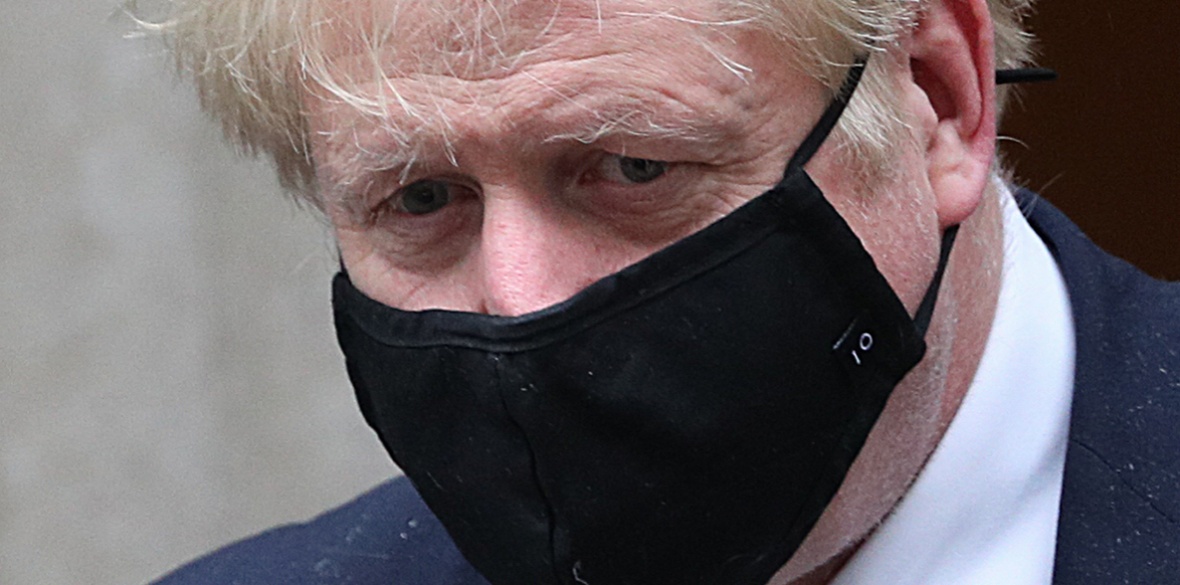AS the government’s new three-tier system for pandemic restrictions was announced today, all eyes were on the status of their own area.
Anxiety that an area might fall under the heaviest Tier 3 restrictions. Palpable relief from MPs and local authority leaders in areas rumoured to be at risk of Tier 3 that were only assigned Tier 2, which allows venues such as pubs and bars to remain open.
This was not alarm at the spread of the virus itself. Local authorities were already aware of the infection rates in their areas.
Instead it reflected the terrifying economic impact. It is all very well for the Prime Minister to point to Chancellor Rishi Sunak’s amended job support scheme, or to offer another £1 billion for local authorities — when Tory-led governments since 2010 have cut core council funding by upwards of £16 billion.
Local authority officials and trade union campaigners in many affected cities say workers will not be able to survive on Sunak’s new, and less generous, furlough subsidies because wage rates locally are so low.
Trade unions have been campaigning for a living wage for years because it is increasingly impossible to get by — to afford a home, a family, a holiday — on the legal minimum, which is of course an hourly rate and not a wage, and thus hardly provides security in a world of zero-hours contracts.
Now many of these workers, if furloughed as businesses close, face being cut down to two-thirds of an income that already spelled poverty.
Ten million British households have no savings, a study by The Money Charity found earlier this year. The TUC has reported that unsecured household debt averages 30.4 per cent of household income.
The reason is not complicated. Pay in Britain is too low. For nearly 50 years a greater and greater share of national product has been swallowed up in profit, a smaller and smaller share paid to the workers who produce the wealth.
Yet where does that profit go? Are our companies well prepared, with healthy reserves so they can weather lean periods, keep staff on the books for spells of forced inactivity because they know they will need their skills down the line if they are to recover?
They are anything but. The wealth we create is squirrelled abroad, paid out in dividends or channelled into the coffers of transnational giants. Even household-name businesses are run perennially on the edge of collapse.
Former prime minister David Cameron has the gall to claim that “Covid-19 was the rainy day we had been saving for,” in a bid to depict his austerity programme as anything but a disaster.
Even in the narrow sense of government bank balances, this is a blatant falsehood. Government borrowing is now higher than at any time since the second world war.
In the wider sense Cameron is even wronger. Britain is in no state to weather the pandemic because of the marketising politics he and his entire political class profess.
It is why our public services are underfunded, understaffed, their staff underpaid. It is why our debt-fuelled economy cannot pause for breath without inflicting financial catastrophe on millions.
Much immediate labour movement focus is on temporary, lifeline support — and rightly. But the wider lessons must be taken up. One is that endemic low pay is a serious vulnerability in our system. Yet the looming jobs crisis is being used to further cut pay in those roles that remain.
Our fight must be to save jobs — but also to raise pay, starting with the militant demands of health workers in the NHS but taking that to other sectors. Giving way on pay to preserve jobs will be management’s offer across the country.
It’s a dichotomy that accepts the confines of the laissez-faire market system that has failed us. It must be rejected.











